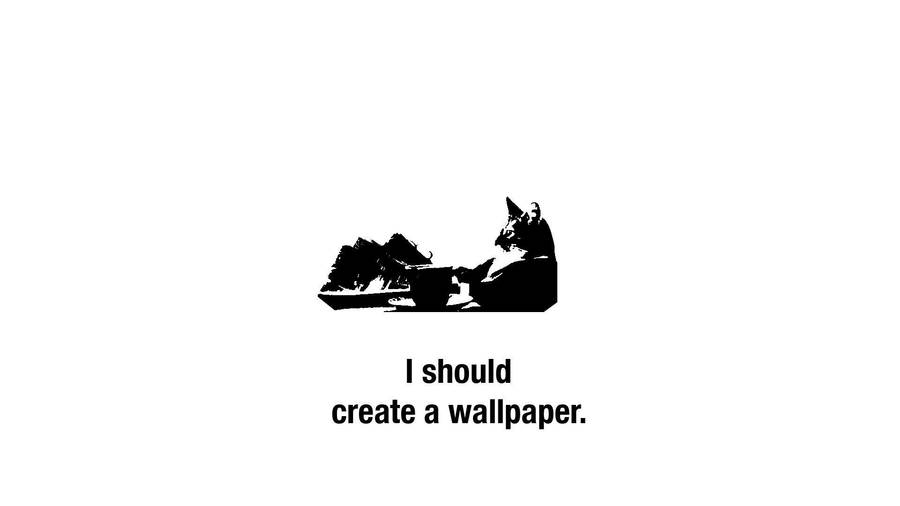For those of us who want to publish novels, a time will come, if it hasn't already, when we finish the herculean task of writing a book. In many ways, it feels like the hard part should be over at this point.
We all know it's not.
By now, we've discussed things like edits, critique partners, more edits, beta readers, more edits, lather, rinse, repeat. Once we have our manuscript super clean and polished and pretty, the hard part should be over then, right?
Sigh.
Welcome to the Query Trenches.
Querying is a lot like dating. There's a reason why Bridget Jones called her married friends "smug marrieds." Because (assuming you have a good marriage, which I hope is the case for every married person!) not having to date is infinitely more enjoyable than dating. Similarly, not having to query anymore (whether because you've landed an agent or an interested publishing house or because you have decided to self-publish) is just so, so much better than querying. Yet, it's a necessary step for most writers' journeys.
So what is a query? Although every agent/agency will have personal preferences about query format, you can think about a query as the back-of-a-book blurb. You want to condense your novel into around 250 words and make it sound absolutely fabulous. Introduce the main two or three characters, show the reader what those characters want, set the stakes, and end it. You need to give enough detail to make sense and arouse interest, but not so much that you give away the ending or important twists. Nathan Bransford gives this explanation:
A query letter is part business letter, part creative writing exercise, part introduction, part death defying leap through a flaming hoop. (Don't worry, you won't catch fire and die during the query process though it may feel precisely like that at times). In essence: it is a letter describing your project.
The first thing to know about writing query letters is that there are as many opinions out on the Internet about query letters as there are, well, opinions on the Internet. You will find lots of dos and don'ts and peeves and strategies and formulas.... The important thing to remember is that you will need to choose the ideas that work best for you.
As the immortal Douglas Adams said, don't panic! Write the best letter you can, be yourself, don't overthink it too much, don't sweat it if you realize the second after you sent it that you made a typo or accidentally called me Vicky. If an agent is going to get mad or reject you over something trivial like that they're probably not the type of person you'd want to work with anyway.
Fantastic advice from someone who reads queries for a living. And writes queries for a living.
Here are some excellent resources to help you better understand queries and to see some examples of successful queries:
Query Letter Mad Lib - essentially a plug-and-play query generator, from none other than Nathan Bransford. An excellent place to start you on your query journey.
Query Shark - In my opinion, this is hands down the best place to get a feel for what not to do, as well as an understanding of what an agent honestly thinks about the queries that she sees. The infamous Janet Reid keeps it real, yo.
23 Literary Agent Query Letters That Worked
Anatomy of a Query Letter
Also, here are some resources to help you find reputable agents (you should NEVER pay to have an agent agree to work with you!): AgentQuery, Preditors & Editors, Writer's Digest New Agent Alert (it's always helpful to find people who are actively building their client list), and Literary Rambles (the blog host interviews reputable agents who rep from picture books to young adult and includes what the agent is looking for and how to format your query for that agent. INCREDIBLE site!).
QueryTracker is a great resource to help you organize your agent search and keep track of your submissions and responses.
And lastly, if you haven't already, consider joining and participating in a writer's organization (e.g., I'm a member of SCBWI and ANWA), as that will help agents know that you're serious about your craft.
Please sound off in the comments below with your query questions, advice, and any additional querying resources you may have. And stay tuned in two weeks for Query Trenches Part II, where I'll share additional resources beyond the query itself!


I love “From the Query to the Call” by Elana Johnson. She’s got a free downloadable worksheet to get you to your query, and I found it to be incredibly useful in the writing of my book as well- really helped me to distill down what my book is really about so I could focus on those points as I wrote.
ReplyDeleteThanks so much for these invaluable resources. I’ll be having a one-on-one with an agent at a writing conference in October so I need ALL the help I can get!!
That's a great resource-thanks for sharing it! And good luck prepping for the agent chat...if you want to practice your pitch, I'm happy to help!
DeleteThanks for all these resources. It's been awhile since I've been in the Query trenches and it's time to do my time there again!
ReplyDeleteYou'll be fantastic, Nikki! If you need CPs for anything, count me in!
ReplyDeleteAh, queries. Le sigh. I've been avoiding mine for months now (I can't believe I just confessed that!). Blech. Thanks for the reminder to go for it.
ReplyDeleteDo it, Jeanna! And then redo it twenty-six times until you realize your first draft was actually the best.
DeleteLe sigh is right.
Great tips, Katy, thanks! I just sent off my first batch of queries on Friday . . .
ReplyDeleteEek! Good luck!
Deletewonderful resources! thank you!
ReplyDelete